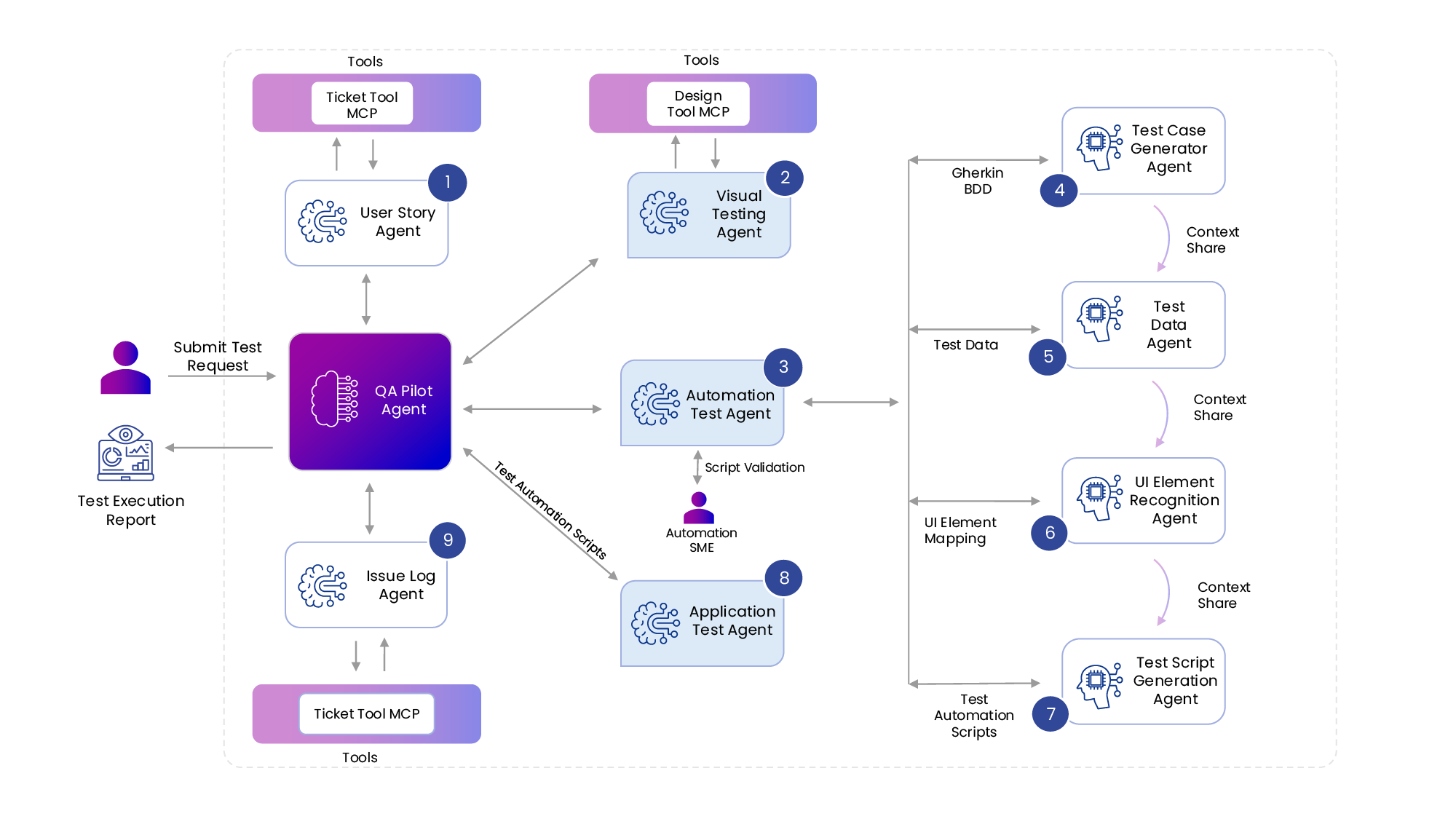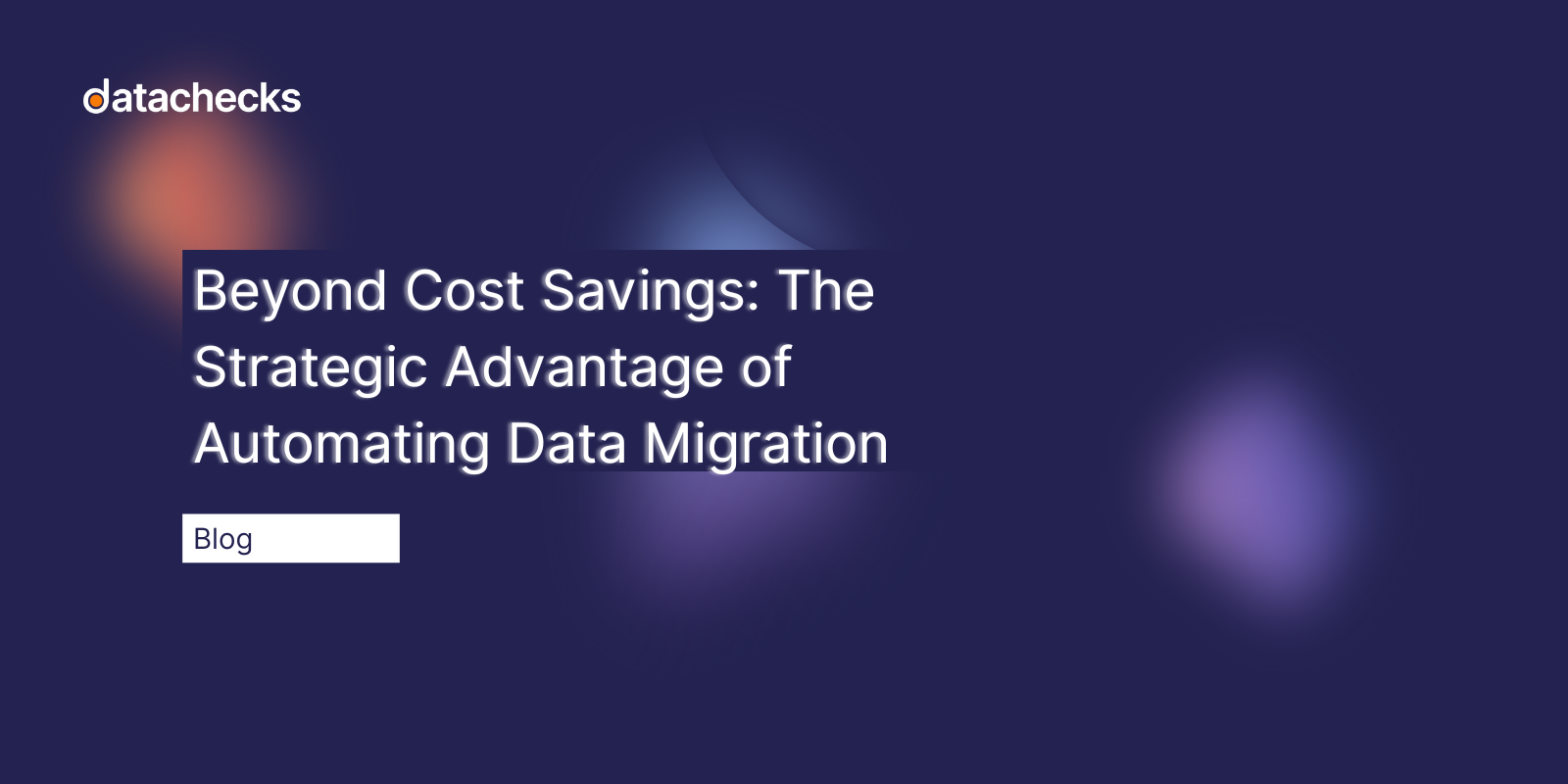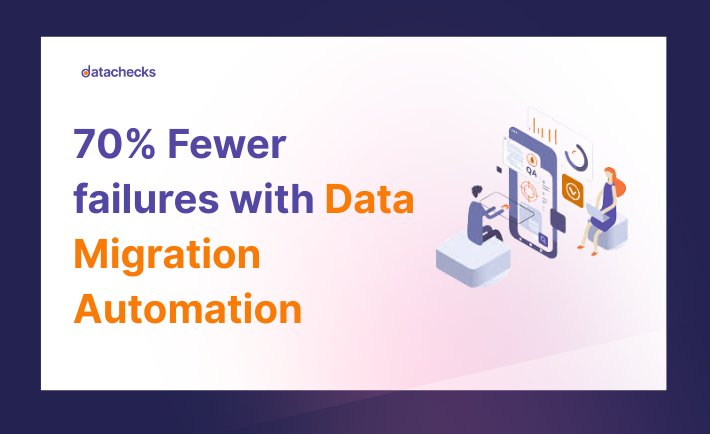As enterprises accelerate digital transformation, data migration becomes central to strategic tech decisions. Yet, 83% of data migration projects fail or exceed budgets and schedules. McKinsey reports inefficiencies in data migration cost enterprises 14% more than planned.
Traditional data migration , manual validation, reactive testing, fragmented quality assurance, is inadequate for today’s complex environments. Forward-thinking executives now ask not if but how fast they can implement intelligent automation for strategic gains beyond cost reduction.
The Hidden Strategic Cost of Traditional Data Migration
Budget overruns and delays are just the visible costs. An Experian study shows 64% of data migration projects go over budget, only 46% delivered on time, and less than 70% deemed successful. These failures erode agility, delay competitive moves, and impact digital transformation roadmaps.
Every month spent troubleshooting data quality is a month competitors gain advantage. It creates bottlenecks, extending timelines and diverting resources from strategic priorities.
Understanding the full scope of these implications requires a comprehensive view of how data migration challenges impact overall business strategy—as detailed in Executive Guide to Data Migration.
The Agentic AI Revolution in Enterprise Data Migratio

Agentic AI is transforming data migration. Unlike traditional automation, agentic AI makes autonomous decisions, learns from data patterns, and adapts validation strategies in real-time.
Modern Data Migration Agents offer:
- Intelligent Data Reconciliation: Automatically analyze data relationships, detect anomalies, and generate reconciliation strategies based on context and history.
- Adaptive Validation Framework: Continuously update validation criteria using emerging data patterns, industry standards, and organizational needs.
- Autonomous Test Data Generation: Create realistic, compliant test scenarios without exposing sensitive data.
Strategic Advantages Beyond Efficiency
Accelerated Time-to-Market
Automated enables 60-80% faster validation cycles, accelerating system deployments and strategic initiatives—crucial in industries where digital capabilities drive customer experience and market position.
Risk Mitigation at Scale
Example: TSB’s 2018 IT meltdown due to data migration issues resulted in disruptions, customer loss, and a £49m fine. Agentic AI identifies failure points early, adding layers of protection missing in manual Data Migration
Enhanced Strategic Agility
Automated Data Migration enables rapid validation for M&A, market expansion, and tech modernization—scenarios too complex or risky with traditional methods.
Organizational Learning & Innovation
AI systems uncover data quality patterns and optimization opportunities, informing data governance and architecture beyond immediate migration goals.
Building Competitive Moats with Advanced Data Migration
Advanced Data Migration offers lasting advantages:
- Data Confidence at Scale: Trusted data quality empowers aggressive digital initiatives and high-confidence decision-making.
- Operational Excellence: QA automation fosters broader quality and operational improvements.
- Innovation Enablement: Frees up resources for innovation and strategic initiatives.
Explore this in detail in our analysis of the Hidden Costs of Ignoring Last Mile Data Migration.
Implementation Strategy & Leadership Considerations
Implementing agentic AI requires executive commitment to process transformation, not just project-based fixes.
Key considerations:
- Technology Integration: Seamless integration with data platforms, migration tools, and governance frameworks, demanding cross-functional collaboration.
- Change Management: Transition impacts roles and workflows, needing comprehensive strategies addressing technical and cultural shifts.
- Success Metrics & Governance: Move beyond defect counts to measuring predictive accuracy, autonomous decision quality, and strategic impact.
The Imperative for Action
Gartner places generative AI in the "trough of disillusionment"—real results now outweigh hype. Data migration is a high-value agentic AI application delivering ROI through reduced costs, faster timelines, and risk mitigation.
First-mover advantage is shrinking. Early adopters gain operational benefits, lower costs, and compounding learning. Delayers face slow migration, higher costs, and reduced agility.
Enterprise leaders face a choice: accept the 83% failure rate or invest in agentic AI for sustainable competitive advantage. Those who transition will not only succeed in migration—they’ll build strategic capabilities fueling their digital transformation.



.svg)







